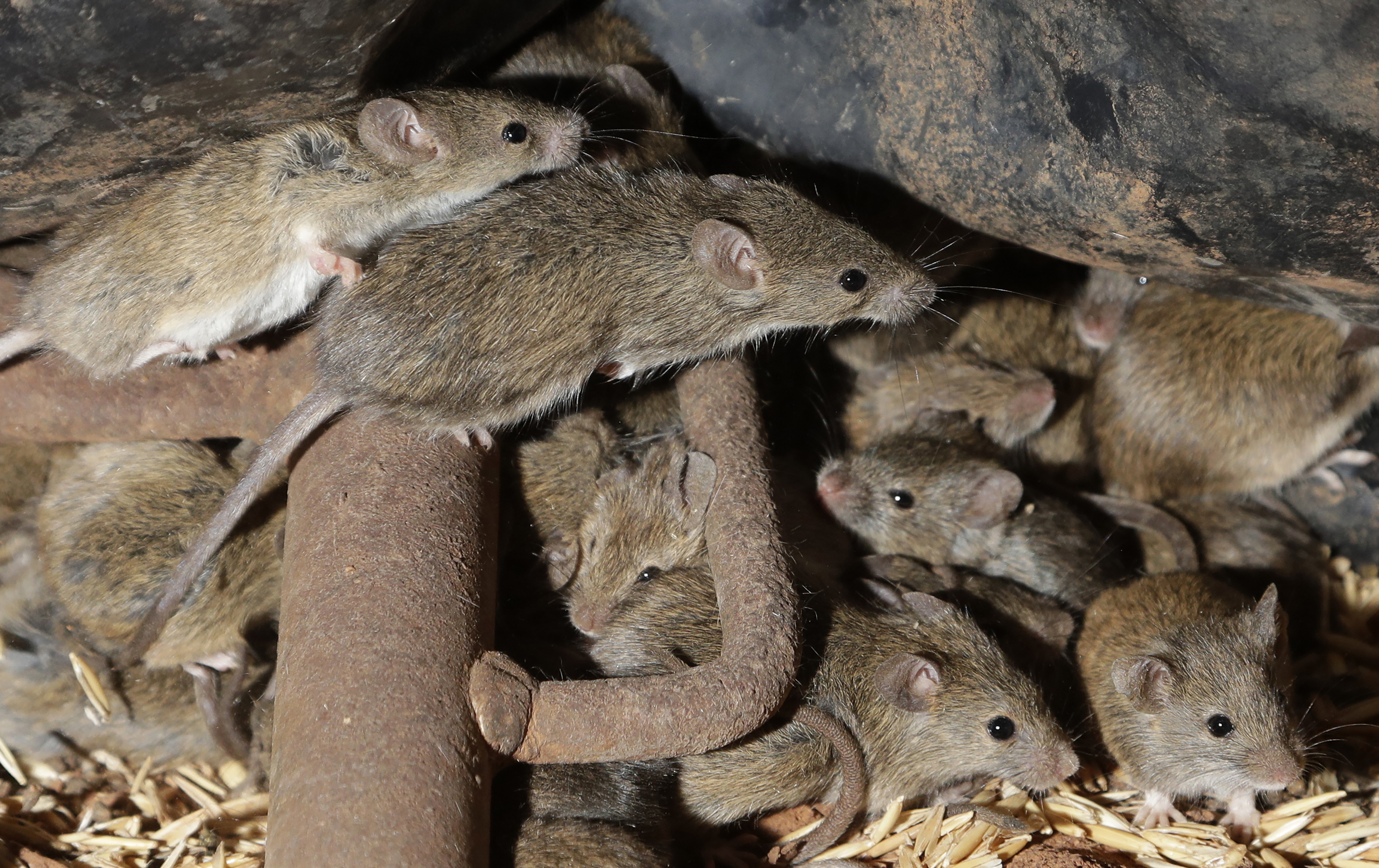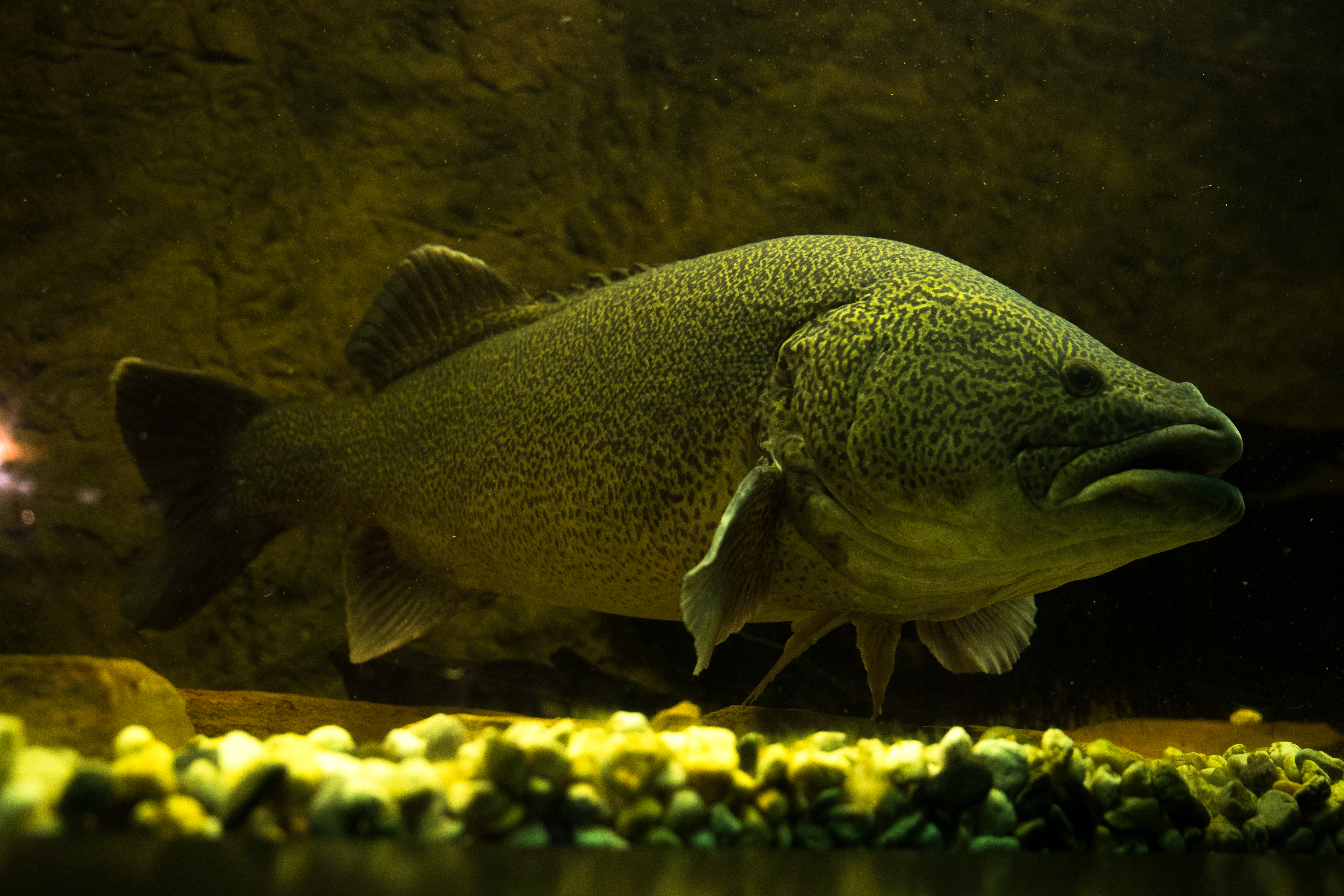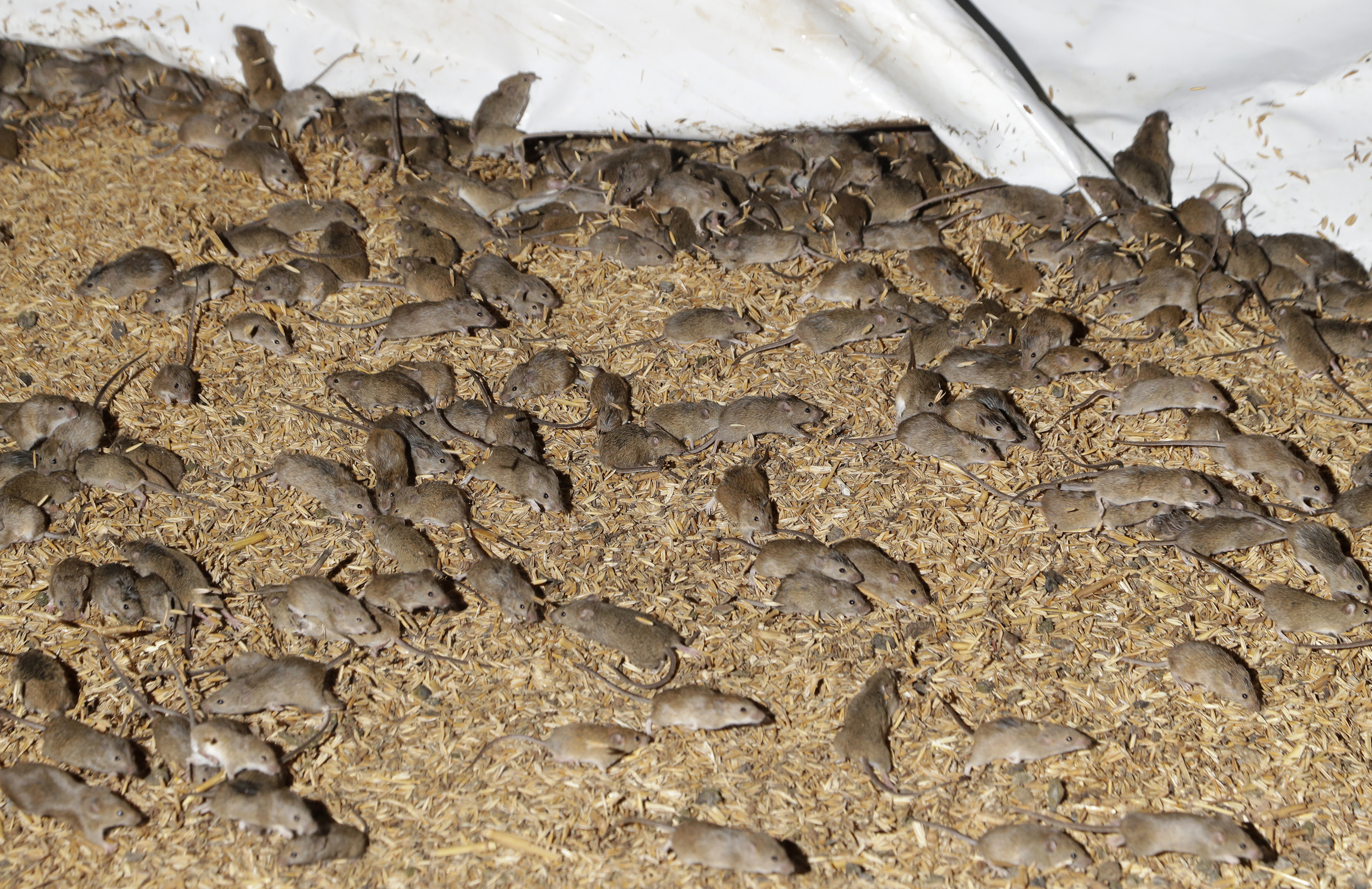Experts fear a deadly poison the NSW government is seeking to use to crush the state's ongoing mouse plague could threaten native fish.
The state government has petitioned the Australian Pesticides and Veterinary Medicines Authority to allow the outdoor use of bromadiolone to kill the mice, with Agriculture Minister Adam Marshall likening the use of the substance to "napalm".
Experts have warned the poison works its way through the food chain, essentially posing a danger to anything that preys on mice, including native animals like hawks and quolls.

READ MORE: Bromadiolone will obliterate mice, but it'll kill eagles, quolls, owls too
Now, warnings have emerged that the poison could also enter the state's river ecosystem.
Healthy Rivers Dubbo convenor Melissa Gray told nine.com.au the vulnerable Murray cod would be under threat if bromadiolone was deployed, as they ate mice.
"We all want the mouse plague gone, but there is no silver bullet," she said.
Ms Gray said baiting was currently taking place with zinc phosphate, and that the mouse plague would need to be tackled from a number of angles.
Murray cod breeding populations have taken a significant hit in recent drought years, and Ms Gray said the species would be gravely endangered by any use of bromadiolone.

READ MORE: Mouse plague plotted from Queensland to NSW-Victoria border
"There's a reason bromadiolone is banned across the world," she said.
She said humans would be in danger as well, with bromadiolone likely to enter the bush tucker cycle.
The NSW Farmers Association - which initially welcomed the state government's $50 million assistance package - has spoken out against it more recently. Approval is still pending from the APVMA.
The association fears the impact of the mouse plague will amount to more than $1 billion off the value of the winter crop.

READ MORE: Pets vulnerable to poisoning as baits laid to control mouse plague
"Farmers are abandoning some paddocks and cannot hold off winter crop sowing a moment longer and researchers warn that without a concerted baiting effort in the next few weeks this could easily turn into a two-year plague event," NSW Farmers Association vice president Xavier Martin said.
"NSW Farmers has consistently said the simplest, safest and most timely way for the State Government to assist farmers would be through providing rebates of up to $25,000 per farm business to cover 50 percent of the cost of zinc phosphide bait."
Mr Marshall said the government would work with the APVMA to meet any environmental requirements attached to an approval of bromadiolone.
"We've secured more than 10,000 litres of bromadiolone already, announced and established 20 distribution points across rural NSW and have our qualified staff ready to go as soon as we get the green light from the APVMA," he said.
"This is all in response to pleas from industry, hundreds of whom have now formally made an expression of interest to the NSW Government."
Mr Marshall said more than 400 farmers had already signed up for bromadiolone packages.
